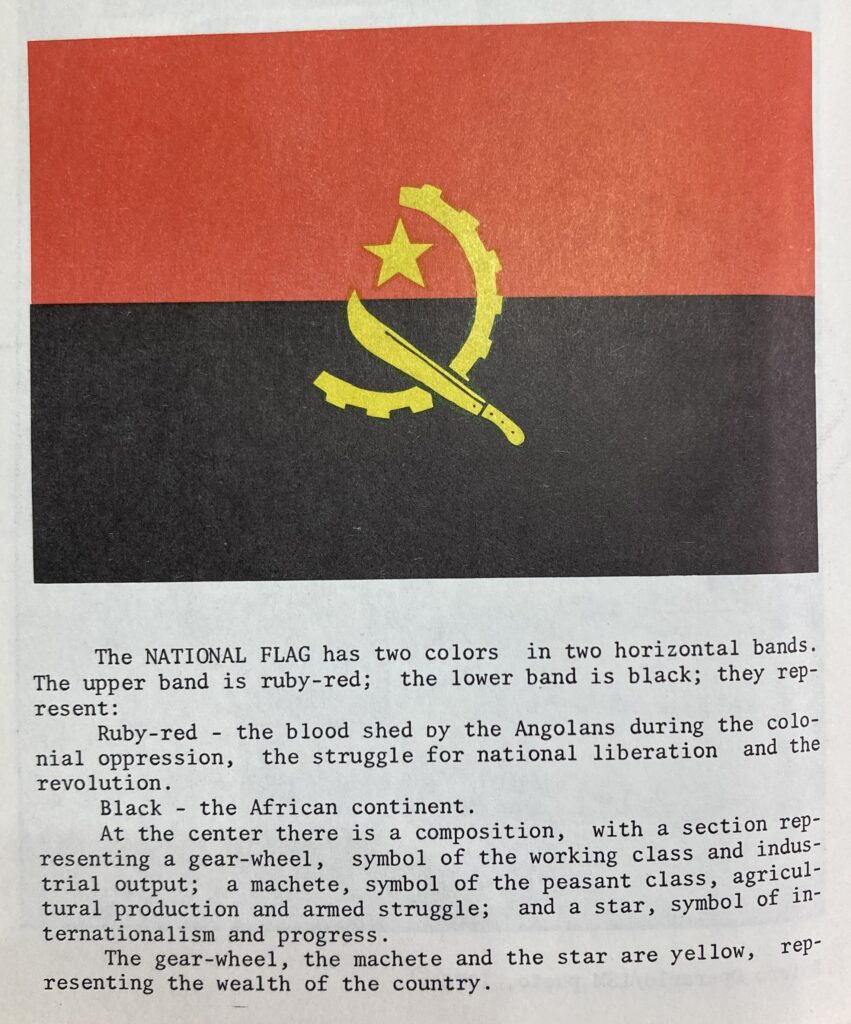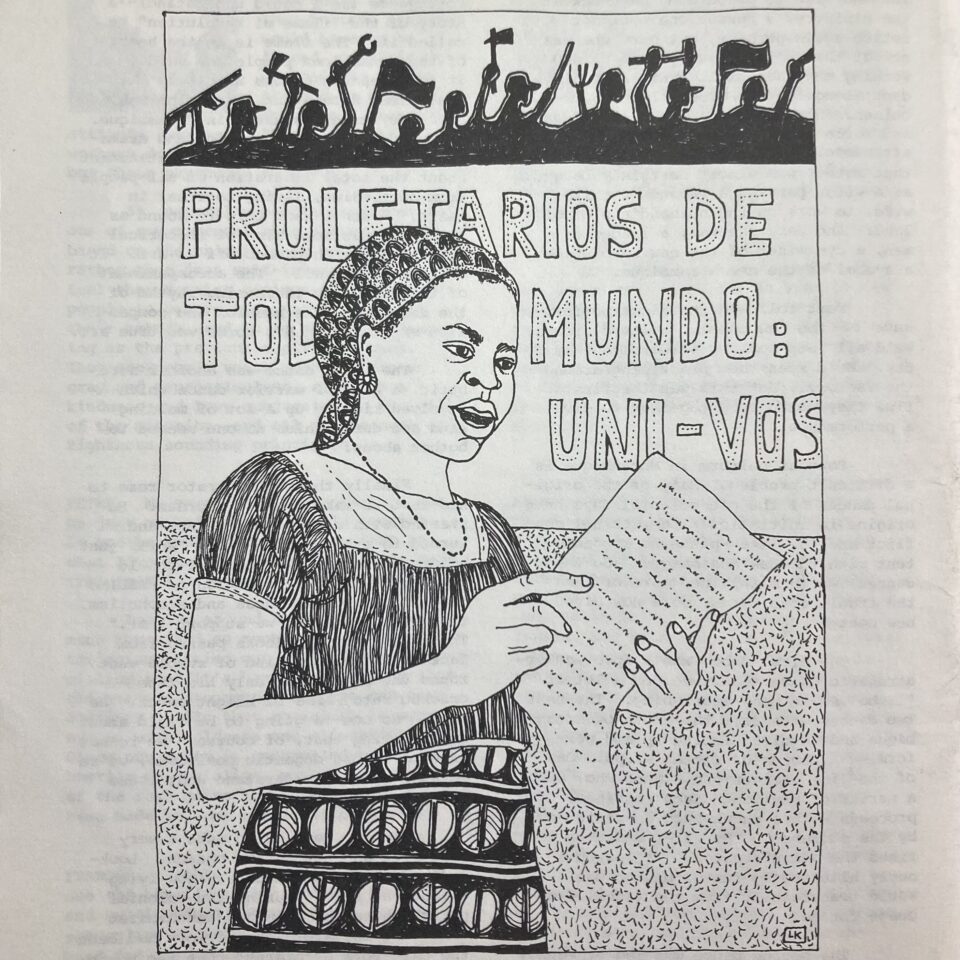
My name is Andy Choi and I’m an undergraduate student at UC Berkeley studying Urban Studies and Geography.
Interning at the Freedom Archives is an experience that has profoundly impacted me as a student, a cultural worker, and an organizer. I remember visiting the website of the Freedom Archives various times in high school while surfing the Internet- I’m not sure how exactly I discovered it, but it quickly became one of my favorite places to be online because its unique political focus and vision gave me the sort of clarity and direction I needed to process the wealth of knowledge available on it, which was daunting for a high school student. Coming into the office for the first time and having the opportunity to physically feel the documents, however, really drilled into my mind just how much time, energy, and dedication that countless people have put towards fighting for a new society. It’s easy to lose motivation and get sidetracked from organizing as a student with a packed schedule and someone who like (almost) everyone else is alienated by capitalism. But seeing how so many people laid down their lives for the struggle reminded me of the responsibility that I have as a young person to continue what others before me have started. Attending a university such as UC Berkeley, whose selectiveness is designed to limit the distribution of knowledge across society made me notice how radically different the Freedom Archives’ approach to producing and preserving knowledge is.
I already had an interest in the countries of Lusophone (Portuguese-speaking) Africa because of some background knowledge I had about the solidarity between the DPRK (Democratic People’s Republic of Korea) and Mozambique and reading the Bissau-Guinean/Cape Verdean revolutionary Amilcar Cabral’s works for a study group. I decided that I would devote some of my time at the Freedom Archives to studying the extensive collections on the liberation struggles of Angola, Guinea-Bissau, and Mozambique.
In the decades following World War II, liberation movements emerged across Lusophone Africa that fought for independence from Portugal, a country that had established some of the first colonies in Africa and fought desperately to retain them through the 1970s. The national liberation struggles of Lusophone Africa are distinguished by the fact that the African Party for the Independence of Guinea and Cape Verde (PAIGC), the People’s Movement for the Liberation of Angola (MPLA), and the Liberation Front of Mozambique (FRELIMO)- the three organizations represented in the Freedom Archives’ collection, along with the Movement for the Liberation of São Tomé and Príncipe (MLSTP) embraced Marxism-Leninism as their guiding ideology, meaning that they undertook their struggles with a socialist perspective and had extensive relations with sympathetic countries such as Cuba and East Germany. It was fascinating to see how the revolutionaries of each country framed their struggle for independence within the larger struggle for human emancipation across the world, how they were able to successfully face down imperialism despite being outgunned, how they linked up with revolutionaries in South Africa, Zimbabwe, Namibia to fight against apartheid, how they celebrated their freedom and embarked on the task of national reconstruction, how they led efforts to improve the status of women, how they remembered their leaders after they passed- everything resonated with me on a deep level. Debriefing what I had learned at the end of the day with the Freedom Archives staff was something that I always looked forward to because the scope of our conversations went far beyond just the revolutionary armed struggles that transpired in Lusophone Africa in the 20th Century in ways that have transformed my world view in so many ways.
I encourage all other youth and students who are genuinely interested in changing our society to apply for this internship.
-Andy




